Description
Overview
Kofnil (Maleate) is the maleate salt of Kofnil Kofnil is an antihistaminic agent derived from pheniramine. Chemically it is gamma-(4-chlorophenyl)-NN-dimethyl-2-pyridinepropanamin Administered orally or by subcutaneous injection for therapy and prophylaxis in conditions in which antihistamines may be effective
Indications
Kofnil (Maleate) is primarily indicated in conditions like Acute urticaria Advanced ovarian cancer, Allergic conjunctivitis, Angiooedema, Atopic dermatitis, Chronic urticaria, Emergency treatment of anaphylactic reaction, Seasonal allergic rhinitis, Transcervical operative procedures in first trimester, and can also be given in adjunctive therapy as an alternative drug of choice in Common cold.
Side Effects
The severe or irreversible adverse effects of Kofnil (Maleate), which give rise to further complications include Sinus tachycardia, Jaundice, Jaundice Seizures, Hypertension, CNS stimulation.Kofnil (Maleate) produces potentially fe-threatening effects which include Bone marrow suppression which are responsible for the discontinuation of Kofnil (Maleate) therapy. The signs and symptoms that are produced after the acute overdosage of Kofnil (Maleate) include Hypotension, Convulsions, Coma, Urinary retention, Unconsciousness, Fever, Dryness of mucous, Flushing membrane. Pupillary dilatation. The symptomatic adverse reactions produced by Kofnil (Maleate) are more or less tolerable and if they become severe, they can be treated symptomatically, these include Drowsiness, Fatigue, Nausea, vomiting, Restlessness, Palpitation, Constipation, Abdominal pain, Dry mouth, Blurred vision, Sedation, Polyuria, Facial dyskinesias, Blood dyscrasias, Xerostomia, Dry mouth
Warnings
Kofnil should be used with caution in bone marrow depression. Patients should observe caution while driving or performing other task requiring alertness because it may cause drowsiness. It should be used with caution in patients with urinary retention, history of bronchial asthma, hyperthyroidism, cardiovascular or liver disease. It should be used with caution in person with acute or chronic respiratory impairment, especially in children. Do not administer subcutaneously because irritation or lesion may occur.
High Risk Groups
Drug should not be given to Paediatrics, Geriatrics, and Neonates. If prescribing authority justifies the benefits of the drug against the possible damages he/she should reevaluate them and consult the reference material and previous studies

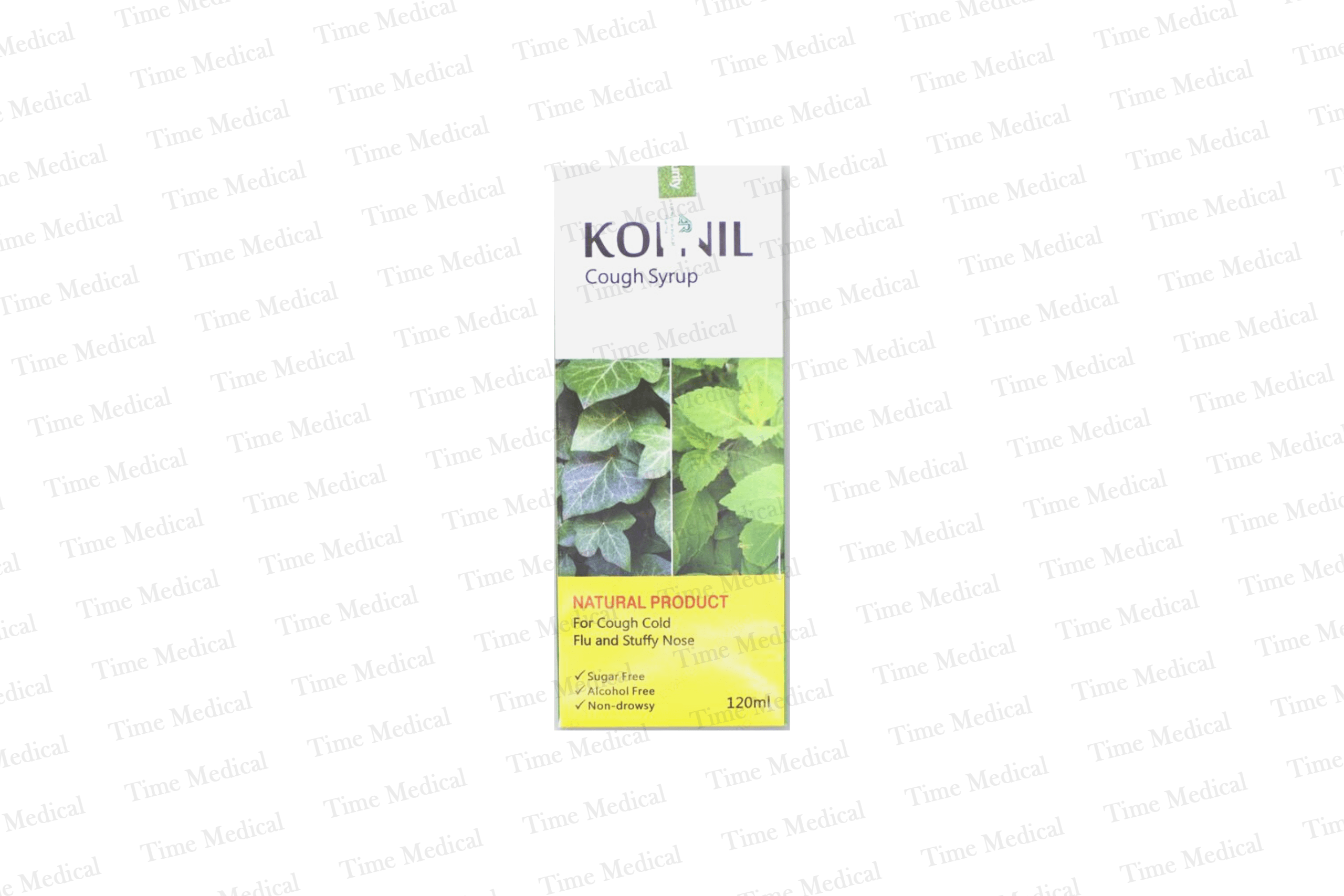
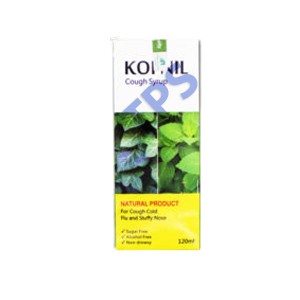
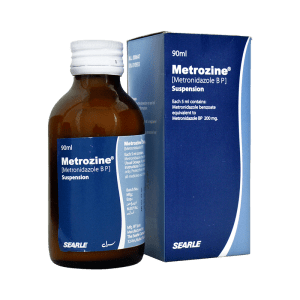
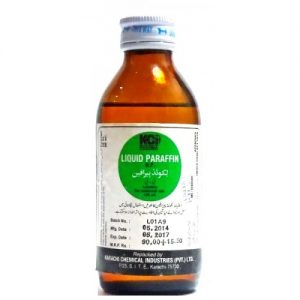
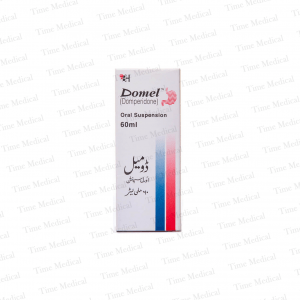
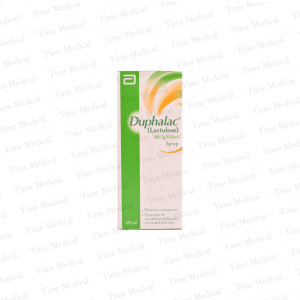
Reviews
There are no reviews yet.